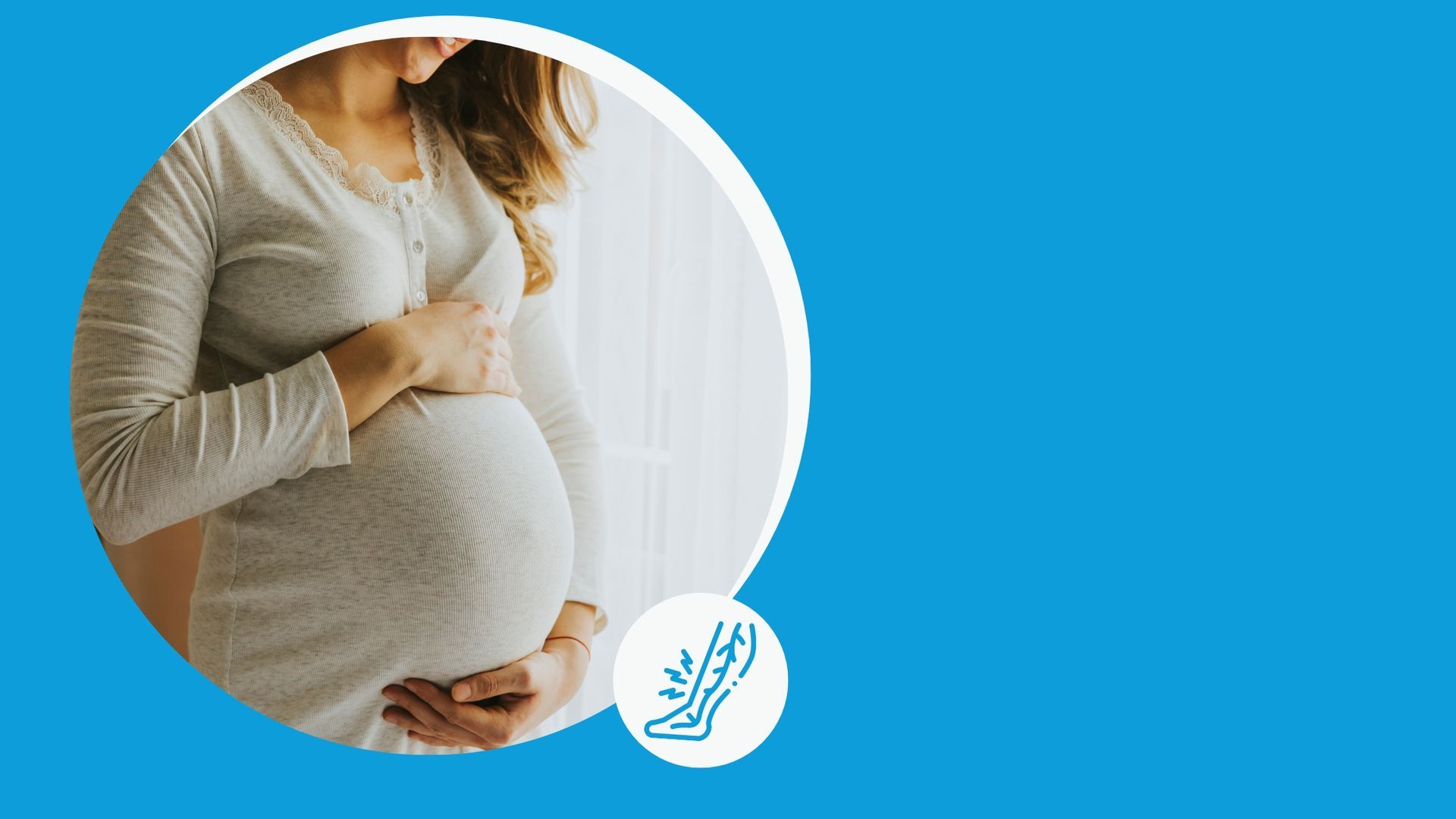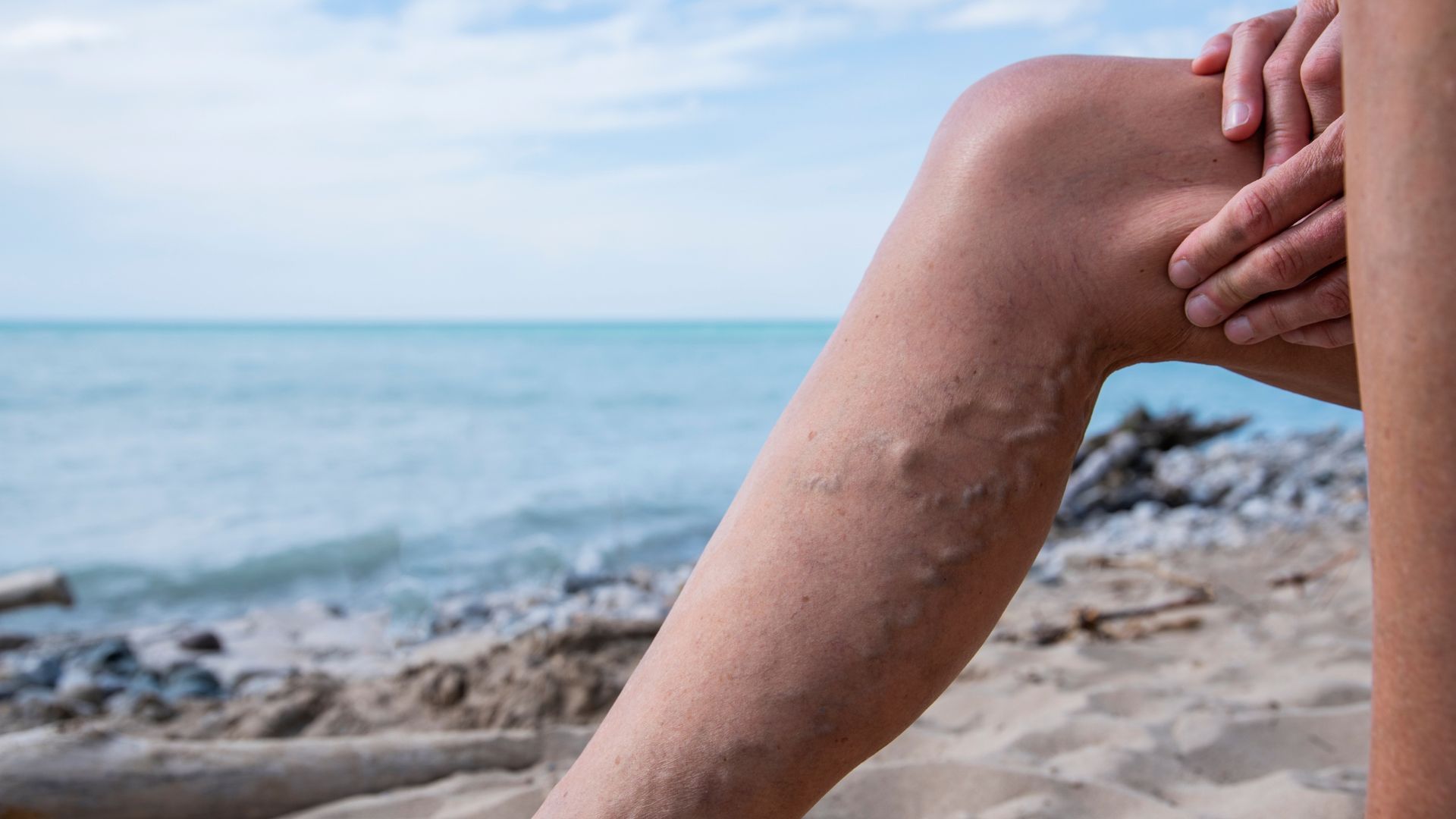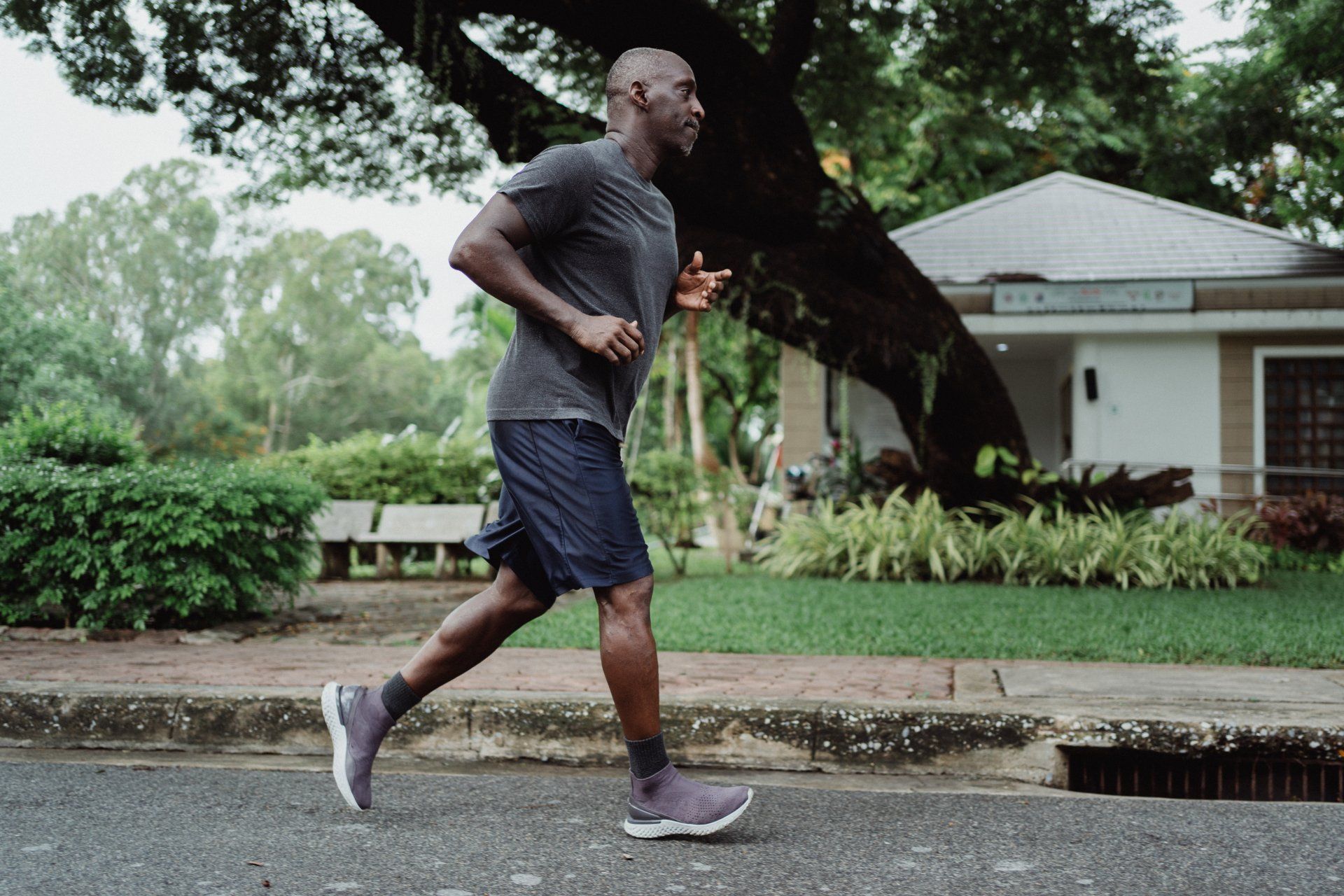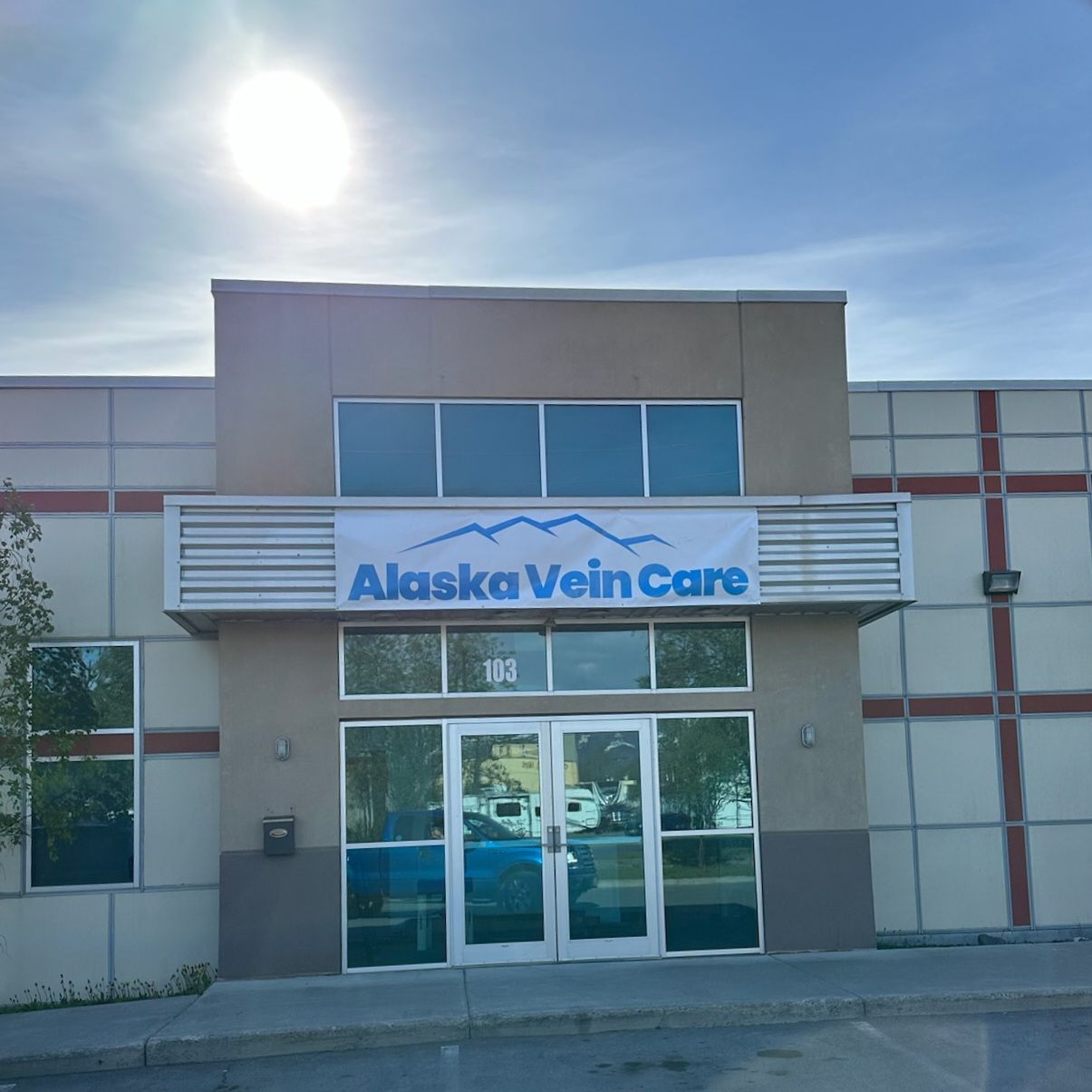The Importance of Early Detection and Treatment in Managing Varicose Veins
Varicose veins, those twisted and enlarged veins that often look ropey and blue or purple beneath the skin, are more than just a cosmetic concern. While they may initially seem like no problem, their implications can extend far beyond aesthetics.
In this article, we'll take a look into the importance of early detection and treatment of varicose veins, and how addressing this condition before it progresses allows for better overall outcomes.
Preventing Complications: Stopping Potential Issues Early
Varicose veins, if left unchecked, can lead to severe complications, significantly impacting an individual's health. The most alarming among these potential problems are skin ulcers, blood clots, and chronic venous insufficiency. Early detection allows for quick intervention, stopping the progression of the condition and minimizing the risk of serious, and sometimes irreversible, health issues.
Many people feel hesitant about reaching out to a specialist for help because of financial concerns, or fear of a painful procedure. However, there are three major things to remember here:
- Varicose vein treatment is often covered by most health insurance plans
- Treatment is now far less painful than it was even ten years ago.
- Most patients return to work the next day with minimal discomfort.
Reducing Discomfort and Pain: Improved Quality of Life
Beyond the visual aspect, varicose veins often give rise to discomfort, pain, fatigue, and swelling in the affected areas. This isn't merely an inconvenience; it can significantly diminish an individual's overall quality of life. Early treatment, however, can alleviate these symptoms, not only improving physical comfort but also preventing the development of chronic pain that could become worse if the issue is ignored.
One of our patients mentioned in a testimonial that he feels more capable of exercise and physical activity now that his veins have been treated. Prior to this, his left leg was in a substantial amount of pain and took longer to recover after workouts despite only being in barely 31.
Preserving Skin Health
The skin, our body's largest organ, is intricately linked to the health of our veins. Over time, untreated varicose veins can lead to changes in the skin, including discoloration, inflammation, and the development of venous ulcers. Early detection and intervention become crucial in preserving the health and appearance of the skin, preventing complications that may necessitate more treatments in the future.
Many of our patients have mentioned that the skin surrounding their varicose veins is tender, itchy, and painful. If left untreated, this can lead to something called stasis dermatitis which may cause long term skin damage.
Maintaining Mobility and Activity Levels
Varicose veins complications can extend beyond localized discomfort. The associated pain and swelling can limit mobility and curtail activity levels. Early intervention can be vital in maintaining an active lifestyle.
An active lifestyle is widely accepted as one of the best ways to maintain health. When physical exercise becomes too difficult, it can pose a long-term problem. We have treated patients who quite literally couldn't walk properly due to their varicose veins. The severe swelling and pain can be debilitating once it progresses. This issue compounds as activity levels drop, leading to a wide range of other health concerns.
Improving Emotional Well-being
The visible appearance of varicose veins can have an influence on an individual's emotional well-being. Beyond the physical symptoms, early treatment contributes to improved mental health by boosting self-confidence and reducing the psychological impact of varicose veins.
Many people report feeling self conscious about the appearance of their varicose veins. We've had people tell us they haven't worn shorts in public for decades. The effects of not being able to achieve a desired physical appearance through exercise can also be detrimental to a person's mental health. This may sound dramatic but it is absolutely something that creates insecurities and a lowered quality of life.
If you're in the state of Alaska and have questions about getting varicose vein treatment, we have clinics in Anchorage, Fairbanks, Kenai, Juneau, and Wasilla. Feel free to reach out to schedule a consultation HERE.
The information provided in this article is for informational purposes only and should not be considered as medical advice. This content is not intended to be a substitute for professional medical diagnosis, treatment, or guidance. Always seek the advice of your physician or another qualified health provider with any questions you may have regarding a medical condition.
Articles










